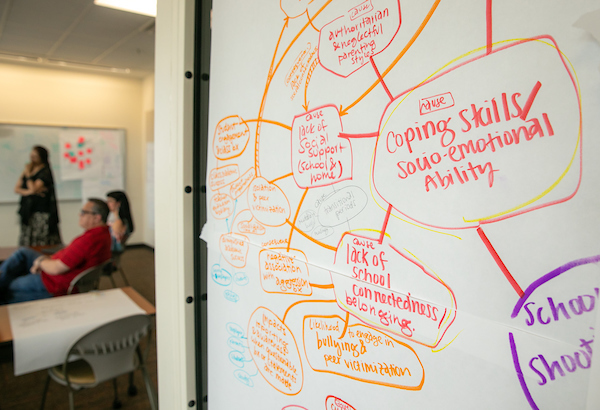Human Services
Learn more about Human Services
Admission Requirements
None.
This program does not have specific admission requirements. Only admission to Kennesaw State University is required to declare this major.
Concentrations Available
Double Owl Pathways
Related Minors or Certificates Available
- Nonprofit Management and Social Innovation Certificate
- Child Advocacy Studies Minor
- Nonprofit Management and Social Innovation Minor
- Public Health Minor
Sample Classes
-
HS 3110: Human Service Delivery
Students examine the demand for services and funding of programs that are closely related to identifiable human conditions, including, among others: aging, delinquency, crime, poverty, mental illness, physical illness, chemical dependency, and developmental disabilities and how they create the conditions and focus for the human services profession. By the end of the course, students will identify a general framework for the delivery of human services and offer critiques of current delivery systems.
-
HS 4100: Grant Writing and Fundraising
In this course students study fundraising/development, including grant writing, special events, and basic finance in the nonprofit sector. It is appropriate for students working in all areas of Human Services as well as other majors who plan to work with nonprofits or governmental agencies.
-
HS 4600: Working with Children and Youth
This course focuses on theoretical interventions through the life span phases of childhood and adolescence. Intervention techniques within an ecological frame work are explored and assessed for use in a wide range of problem areas and settings.
-
HS 4700: Crisis Intervention
Students will learn crisis intervention theory, advanced communication skills and knowledge about different crises and crisis settings. Students will be required to role-play crisis intervention techniques.












